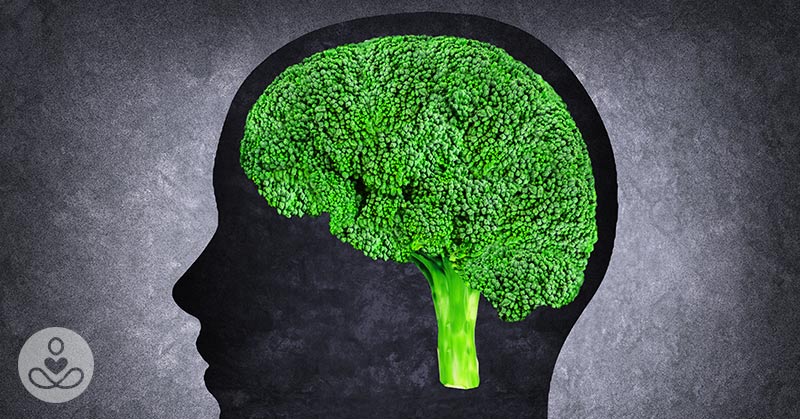Your brain is kind of a big deal. As the control center of your body, it’s in charge of keeping your heart beating and lungs breathing and allowing you to move, feel, and think. That’s why it’s a good idea to keep your brain in peak working condition. The foods you eat play a role...
A lot of the health advice doctors and nutritionists give to us isn’t all that exciting. Eat more vegetables, drink more water, exercise, and avoid excessive amounts of refined sugar and fat. For many, it would be a dream come true to find out that burgers and fries were just as healthy as salads, and...
A cancer diagnosis is a terrifying thing, whether it’s your own or someone you love. This is why many of us do our best to incorporate as many anti-cancer habits into our daily lives as possible. A healthy diet is one of the best tools in our tool kit, however, most of the information out...
Nonsteroidal anti-inflammatory drugs (NSAIDs) are widely used medications that provide pain relief and reduce inflammation.1 They are commonly prescribed for conditions such as rheumatoid arthritis, osteoarthritis, tendonitis, and muscle aches. However, it is important to be aware of the risks associated with NSAID use, including severe gastrointestinal bleeding, cardiovascular complications, and kidney damage. This article...
Fibromyalgia is still a very poorly understood disease. Scientists are constantly researching to try and learn more about out and, hopefully, how to treat it. Researchers from Canada’s McGill University discovered in April 2019 that gut bacteria have a very strong link to fibromyalgia. In fact, the research team shows, that there are 19 different...
Calcium is a mineral that your body needs to function properly. It’s found in all of your bones, teeth, and muscles. It helps your heartbeat and keeps blood pressure normal. It’s one of the most important nutrients in the body. But what if you’re not getting enough calcium? Not consuming enough calcium can lead to...
Grief and loss are both difficult obstacles for nearly everyone to overcome. The feelings are complex and most of the time, no one knows what to say. As a result, most people feel they can be most helpful by providing a meal or advice for the person in crisis or mourning. In contrast, a Massachusetts...
B12 is a vitamin that’s crucial for your body to function properly. It’s found in animal foods, including meat and fish. People who don’t eat animal products are often advised to take vitamin B12 supplements or use fortified foods to make up for the lack of B12 in their diets. However, there are some common...
Recent studies have highlighted the significant role of vitamin D in reducing the risk of dementia. Experts now recommend regular intake of vitamin D supplements to help protect brain health. Here are seven important points on this topic. 1. Vitamin D and Dementia Prevention Dr. William Grant, a vitamin expert, emphasizes that regular vitamin D...
K.E. Semmel grew up in a small town in the 1980s, where most people had never heard of Tourette syndrome. So he had no idea his struggle had a name. His tics included head jerks, snorts, grunts, throat clearing, and other small movements and noises. He spent his childhood trying to mask them, and this...
Alzheimer’s disease often goes undetected until significant symptoms emerge, but recent research indicates that there may be early warning signs that appear years, even decades, before other symptoms. Here are eight crucial points from the latest studies on Alzheimer’s disease. 1. Impaired Spatial Navigation as an Early Indicator A new study suggests that difficulties in...
Recent research has highlighted a significant link between blood pressure variability and the risk of developing dementia. Understanding this connection is key for early identification and prevention strategies. This article looks at the findings of several key studies on blood pressure and its implications for dementia risk. 1. Understanding Blood Pressure Variability The term refers...
















